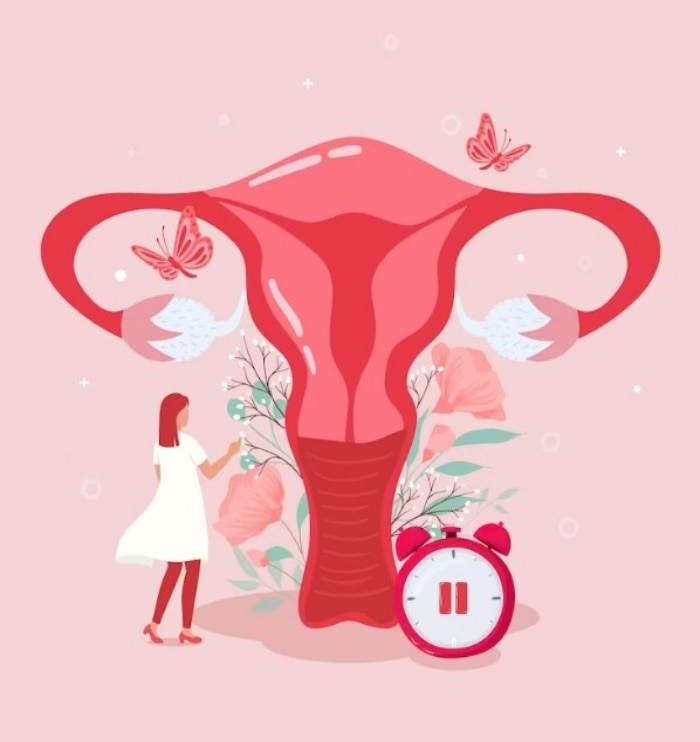Perimenopause is transitional stage towards menopause but several women remain ignorant about the phase and do not comprehend the first emerging signs of it.

Perimenopause: The name in itself is a hint towards what it means. Peri-menopause- it definitely has something to do with menopause right? Yes, it is. Perimenopause refers to ‘ around menopause’ during which the body marks the natural transition to menopause. It is also known as menopausal transition. Now, a lot of women, are not very aware of this stage in life. The menstrual cycle and the whole journey is different for different women. Right from the beginning to its end, women have their own narratives built around it and they come together as a community sharing these lived experiences. As women age, the reproductive cycle starts its descent toward a halt. During this journey toward menopause, women experience perimenopause at different ages. From the mid-30s to the 40s, the signs may start to appear at any time in life.
Perimenopause Symptoms:
Irregular periods: Irregular periods is like the first flag, the first sign that something is changing in the body. For some it could longer or shorter periods, some it is heavy or light flow. The duration between your menstrual cycles could be a hint that either you are already in perimenopause or about to enter it.
Hot flashes: A warm or burning sensation in the body is called hot flashes. The intensity and duration may vary from person to person.
Sleep problems: Slumber issues are common when in perimenopause. It could be sweaty nights or erratic sleepless nights.
Mood changes: Due to hormonal changes and other adjoining causes, mood swings, irritation, and gloominess.
Loss of bone: As estrogen levels decrease, women also start losing out on bone density. This further increases risk of developing osteoporosis — a disease that causes fragile bones.
Changing cholesterol levels: According to Mayo Clinic, ” declining estrogen levels may lead to unfavorable changes in your blood cholesterol levels, including an increase in low-density lipoprotein (LDL) cholesterol — the bad cholesterol — which contributes to an increased risk of heart disease. At the same time, high-density lipoprotein (HDL) cholesterol — the good cholesterol — decreases in many women as they age, which also increases the risk of heart disease.”
In case, you experience such things for prolonged periods, it is best to consult a doctor who can help chart out a course of action to help manage this stage.
Stay connected with us on social media platform for instant update click here to join our Twitter, & Facebook
We are now on Telegram. Click here to join our channel (@TechiUpdate) and stay updated with the latest Technology headlines.
For all the latest Lifestyle News Click Here
